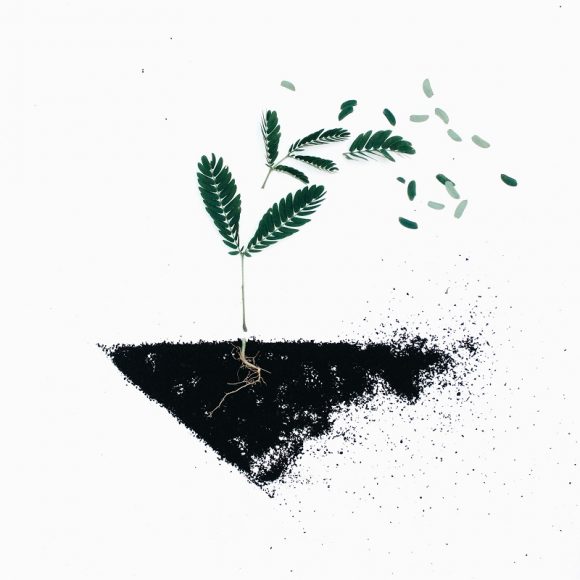Stress is a topic that touches us all. Nobody is immune from experiencing it. Stress is a big part of our discussions and of our shared terminology, and the way we talk about a topic reinforces our vision of it. As for stress, the tendency is to always use the term in a negative way, reinforcing the idea that the pressure of life is universally damaging. But that’s only part of the story.
The strange fate of medical terms that are made popular by media is that they become victim to bias and are labeled either ‘good’ or’ bad’. Take the example of cortisol, unfairly known as a ‘bad molecule’. Due to bias, we miss the real function of a certain mechanism or molecule, and we cast a subjective judgment upon it. However, if you desire to take the best possible care of your health, and if you want to have a clear understanding of medical terms that touch your life so closely, then you cannot consider stress as always hurtful.
Stress is not always a bad thing. The experience of stress as we know it today in the Western world is what we label ‘bad’. But stress, as our ancestors knew it, was a highly protective and useful mechanism, and it still is today, if we use it wisely.
The stress response evolved to be a protective mechanism.
Modern-day stress comes from inappropriate activation of the stress response. When this happens, the response turns from protective to harmful. Mentally and physically, we suffer from the consequences of a response that wasn’t supposed to be as strong, sustained, and prolonged as we experience it today.
The stress response has evolved to help us, to prepare us to cope with difficulties, and also to take advantage of opportunities in order to be successful in a challenging environment; more importantly, it’s what has allowed us to preserve life—as individuals and as a species. For this reason, it’s a mechanism that has been conserved all the way up to us. It is functional for the first need of a living system: survival.
From this angle, both the stressor and the stress response are good. The stressor signals the presence of danger, but also potentially favorable events—for the hunter, it may be a prey; for an employee of a corporation, it may be a promotion or a successful talk in front of a large audience. Generally speaking, the stressor is an event that requires the organism to spend more energy than usual. The stress response enables us to gather the resources we need to protect ourselves from danger or to reach a desirable outcome.
Stress is good when it’s related to a real and temporary challenge and when the response maximizes our performance but doesn’t drain us.
The stress response activates our motivation, increases our focus, and pumps more energy into the body to let us overcome challenges.
Those changes put us in the best possible condition to succeed when the external demand is high. When we experience good stress, its effects are beneficial in the short term: either it helps us to perform better in order to get something we desire, or it can save our lives when we are in situations that require us to escape or to be highly reactive. Think of the driver who cut you off the other day, and remember how you were quick enough to push the brakes—it’s the stress response (which activates in terms of milliseconds) that allows you to do that. However, there is a golden rule to keep in mind: the tension and the pressure must not go on for too long. If you continue to think about your accident and be angry about it, you are not doing yourself a favor. The stress response evolved to peak and then taper down to a relaxed state.
Stress can support our relationships.
There is also another beneficial aspect of stress that is often overlooked. In time of crisis, the difficulty and worry we experience push us to seek out help and leverage our social network. Demanding events can potentially strengthen our existing relationships, and they can also promote strong bonds with new people. Think of a new mom who feels lonely and disoriented: sharing her experience with other new moms can help relieve her stress and possibly enable her to begin new, lasting friendships.
Stress can be good if you know how to handle it.
More precisely, I’d say that stress could be considered neutral. Sometimes we must face prolonged challenges, and we can’t get away from them. However, stress is more than a situation; it’s a response. This means that we can change our perspective on what happens to us and be more deliberate about how to deal with it. Such an attitude requires understanding the type of response we’ve developed and correcting its short circuits if needed.
The mindset toward stress can change, but you first need awareness of your specific way of dealing with tension.
A mindful approach shifts the focus and the outcome from the external—which we can’t control—to our own power—which is up to us to discover and use.



